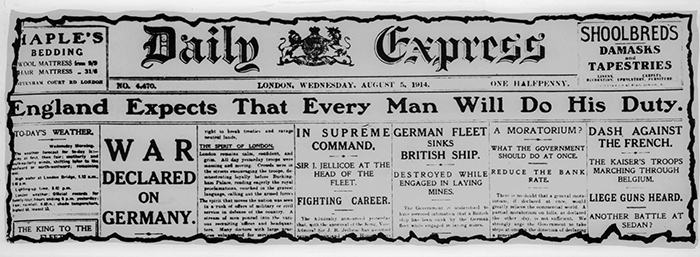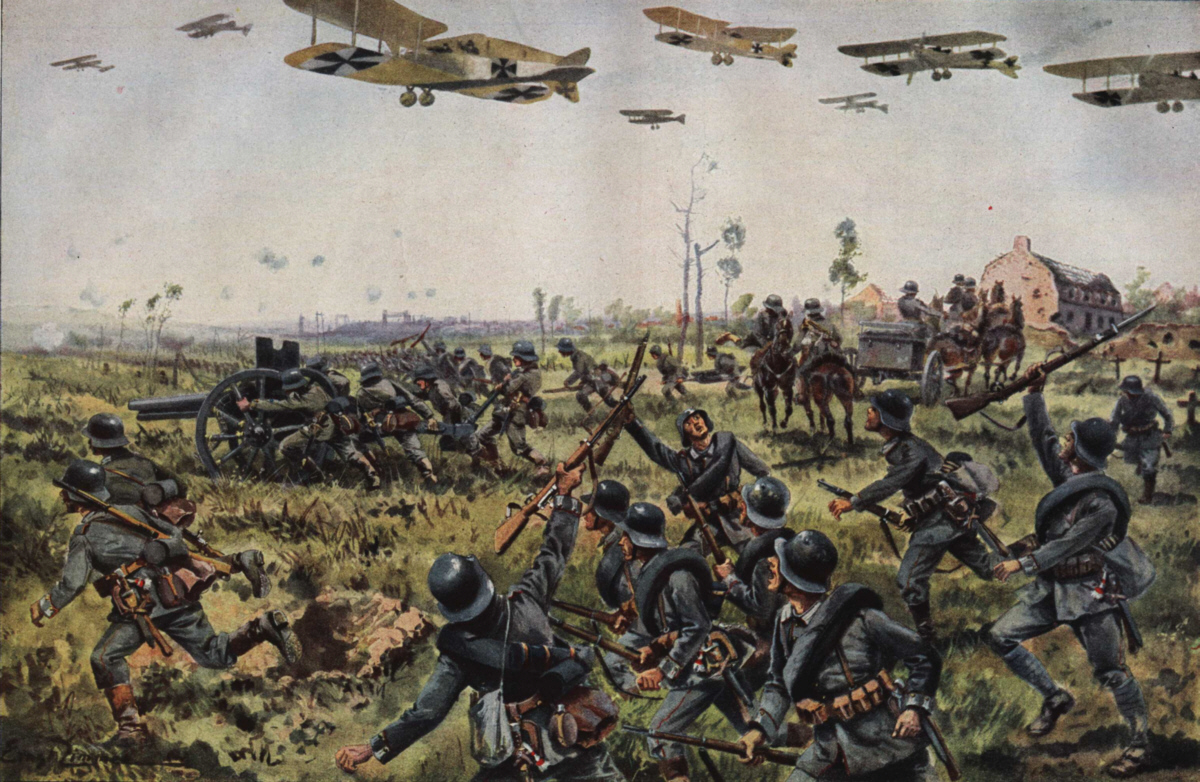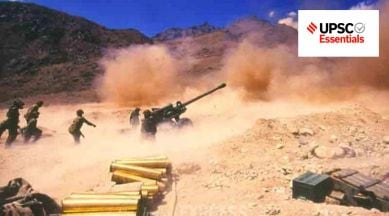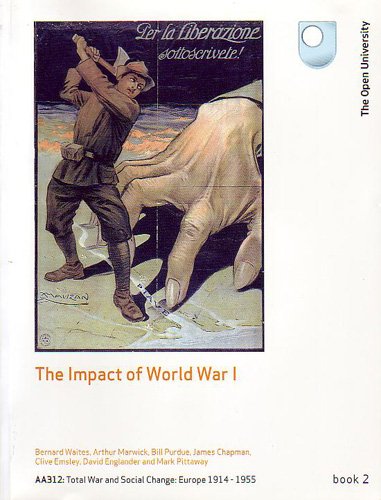Total war is a term that refers to the complete mobilization of a society's resources for the purpose of warfare. This includes not only military personnel, but also the economy, industry, and civilian population. The concept of total war emerged during World War I as the major powers of Europe engaged in a conflict that would ultimately involve much of the globe and result in the deaths of millions of people.
At the outset of World War I, many people believed that the conflict would be short and decisive, with one side emerging as the clear victor. However, as the war dragged on for years and the casualties mounted, it became clear that this was not going to be the case. Both sides were deeply entrenched, and the technological advances of the time made it possible for them to inflict significant damage on each other.
As the war progressed, it became clear that total war was the only way for the major powers to win. This meant that they had to mobilize every aspect of their societies in order to sustain the conflict. Governments began to take control of industries and allocate resources as they saw fit, in order to maximize their ability to fight the war. This often meant imposing rationing and other restrictions on the civilian population in order to ensure that there were enough resources to go around.
In addition to mobilizing their economies, the major powers also began to engage in more aggressive propaganda campaigns in order to boost morale and maintain support for the war. This included not only propaganda directed at the civilian population, but also efforts to sway the opinions of neutral countries and to undermine the morale of enemy forces.
One of the most significant impacts of total war was the effect it had on the civilian population. With so much of a society's resources being directed towards the war effort, civilians often found themselves facing shortages and hardships that they had never experienced before. In addition, the presence of large numbers of military personnel in their communities often disrupted the normal rhythms of life and strained local resources.
Despite the challenges, many people supported the war effort and did their part to help their countries win. This included not only soldiers and other military personnel, but also civilians who worked in industries that supported the war effort, such as munitions factories.
In the end, World War I was a devastating conflict that resulted in the deaths of millions of people and had a profound impact on the world. The concept of total war, which emerged during this conflict, has continued to shape the way that wars are fought and has had significant consequences for societies around the globe.


:max_bytes(150000):strip_icc()/GettyImages-463338806-5bdf3f7c46e0fb0026d02d3d.jpg)





